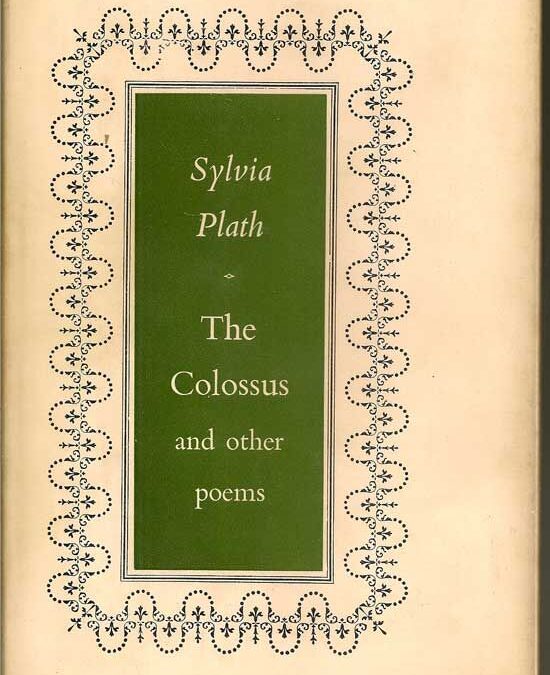Plath’s “The Colossus” is specifically a jab at her dead father, Otto Plath, less clear an allusion to her husband, Ted Hughes. She had a stormy and pathological relationship with her long-dead Daddy, “Thirty years now I have labored,” Plath writes, “To dredge the silt from your throat. / I am none the wiser.”
And she was in a fractious marriage with Hughes, who was unfaithful. As a result, she was not happy, and poems such as “The Colossus” were outlets. The picnic among ruins seems to epitomize her life, keywords among which are disorder, ruin, litter, imbued with the smell of Lysol disinfectant.
It’s a horrid unpicnicky lunch, and she seems on the verge of nausea: “I open my lunch on a hill of black cypress.? Your fluted bones and acanthine hair are/ Littered/In their old anarchy to the horizon-line.”
Usually, you admire the beautiful topography of Italy or Greece. Still, to Plath, the bleak hills littered with ruins outlined by black cypresses on the horizon are dismal reminders of her anguished feelings. “I shall never get you to put together entirely,” she says, “Pieced, glued, and properly jointed. /Mule-bray, pig-grunt, and bawd cackles / Proceed from your great lips. It’s worse than a barnyard.”
*Years after in “Minitour 2,” Hughes refers to the marriage as a “picnic quarrel.”
See Sylvia Plath. “The Colossus” from The Colossus. London: Heinemann,1961
See Sylvia Plath. The Colossus and Other Poems. New York: Alfred A. Knopf, 1967; The Unabridged Journal of Sylvia Plath. Edited by Karen V. Kukil. New York: Random House, 2000; The Journals of Sylvia Plath, 1950-1962. Edited by Karen V. Kukil. London: Faber and Faber), 2011; Ted Hughes. Birthday Letters. London: Macmillan, 1998; Howls & Whispers: Poems by Ted Hughes, etching by Leonard Baskin. (Hadley MA: Ghenna Press, 1998); Collected Poems of Ted Hughes. Edited by Paul Keegan. New York: Farrar Straus & Giroux, 2003

